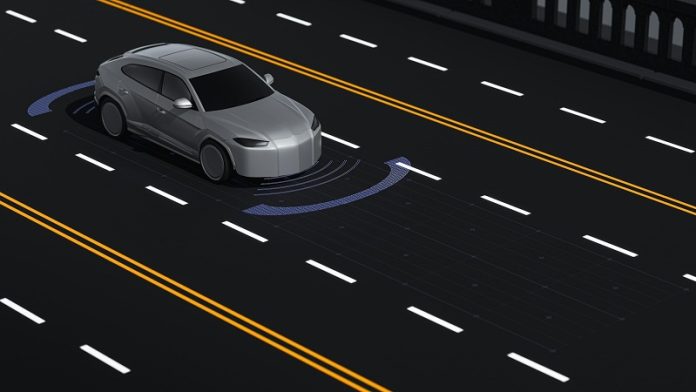
Self-driving cars may soon become much cheaper and safer thanks to a new AI-powered camera system developed by researchers at Australian Catholic University (ACU).
Called MonoFG, this smart camera can see in 3D, react faster than an Olympic sprinter, and could lower the cost of self-driving technology by thousands of dollars.
Unlike current self-driving systems that rely on expensive sensors like LiDAR (which uses lasers to map the surroundings), MonoFG uses just one regular camera—known as a monocular camera.
Despite its simple hardware, it delivers high accuracy and real-time performance for only about $300 per unit.
“MonoFG has been tested with real-world data and it works,” said ACU Associate Professor Walayat Hussain. “This isn’t just an idea—it’s a working system that makes self-driving cars much more affordable.”
To put this in perspective, many self-driving cars today need complex technology that can cost up to $75,000 just for the LiDAR system.
For example, the Honda Legend Hybrid EX, the first production car with Level 3 self-driving technology, launched in 2021 and costs around AUD $102,000 (USD $65,000). MonoFG could help bring that price down to something more accessible—possibly even below the cost of a regular SUV like a Land Cruiser.
The new system works much like how humans understand the world while moving—judging depth, noticing obstacles, and telling the difference between what’s near and far. It helps the car see the road and make decisions in real time.
Developed in collaboration with researchers from Shanghai University and Xidian University in China, MonoFG has been published in the journal ACM Transactions on Autonomous and Adaptive Systems.
Testing shows that its accuracy is similar to more expensive systems and it even ranked No.1 for detecting cyclists—one of the toughest tasks for self-driving technology.
MonoFG runs at 18 frames per second, meaning it can react in less than 0.16 seconds—faster than the average reaction time of a human sprinter.
“With better accuracy in detecting pedestrians, cyclists, and vehicles, this AI-powered system helps reduce the risk of accidents and boosts public trust in self-driving cars,” said Assoc Prof Hussain.
The research shows that safer, smarter, and more affordable autonomous vehicles could be on the road much sooner than we thought.



